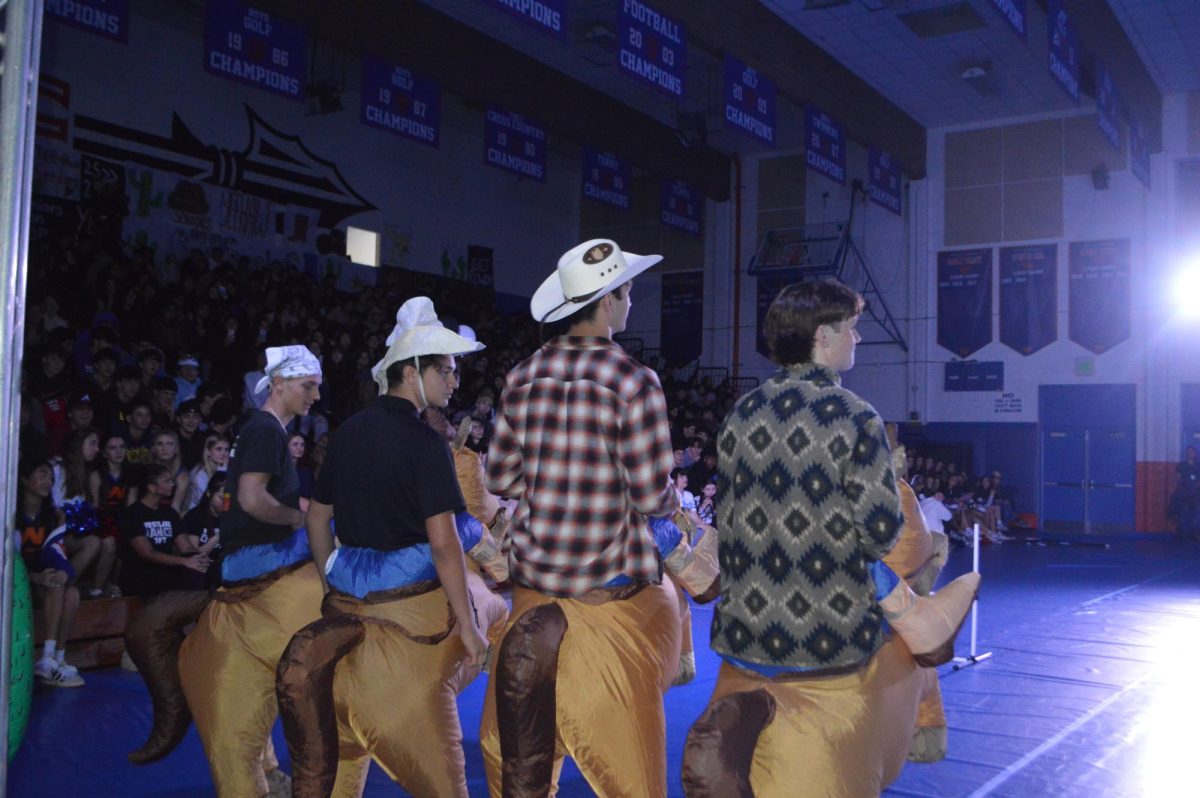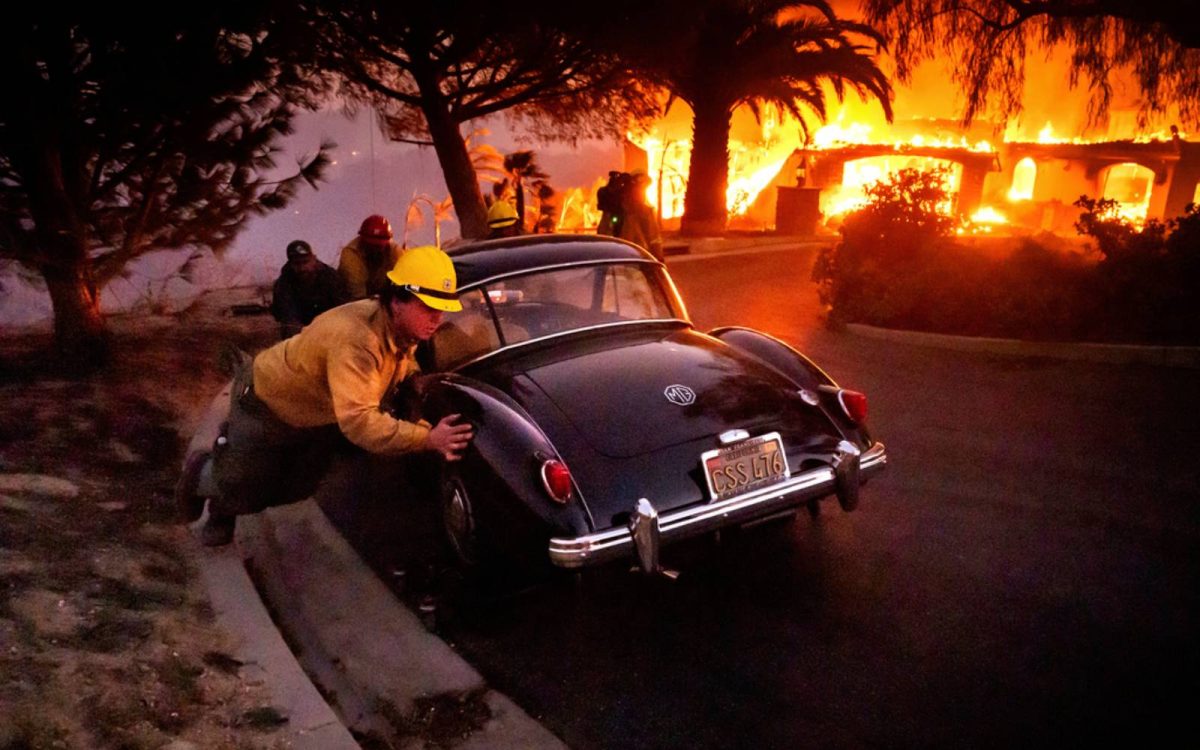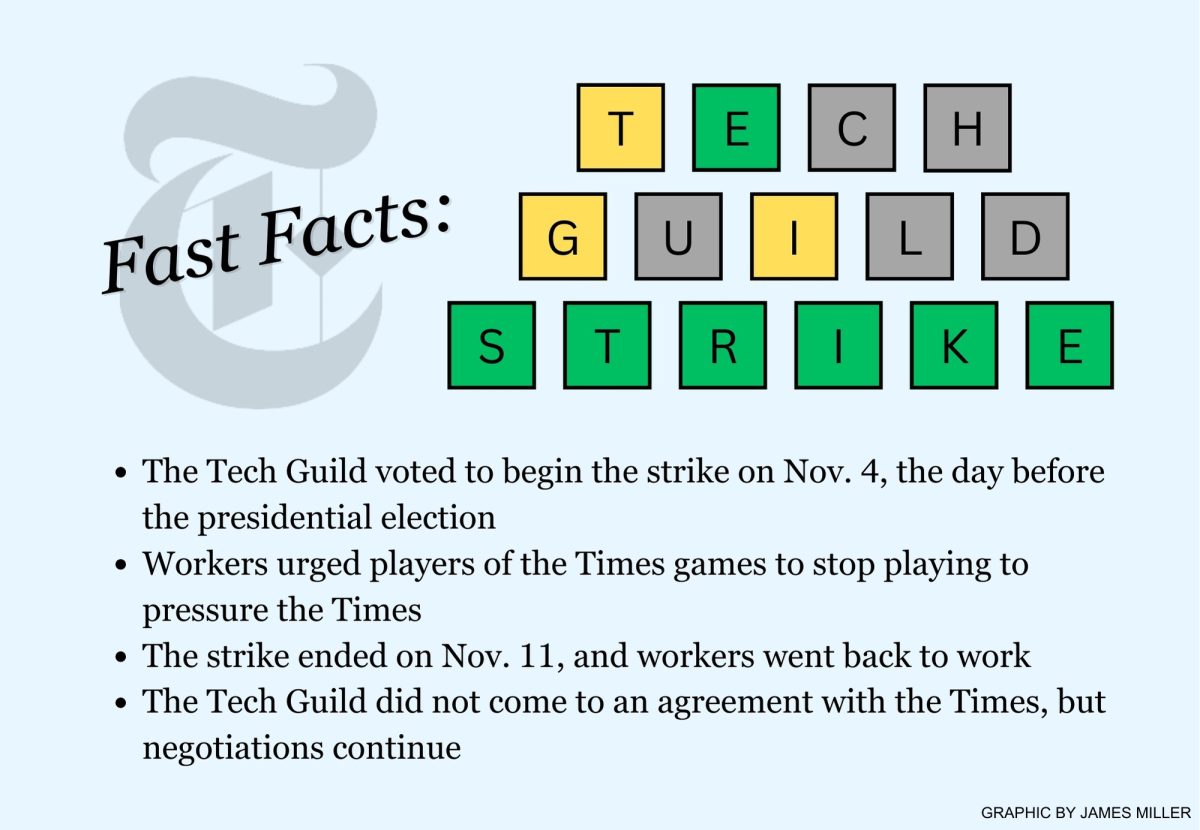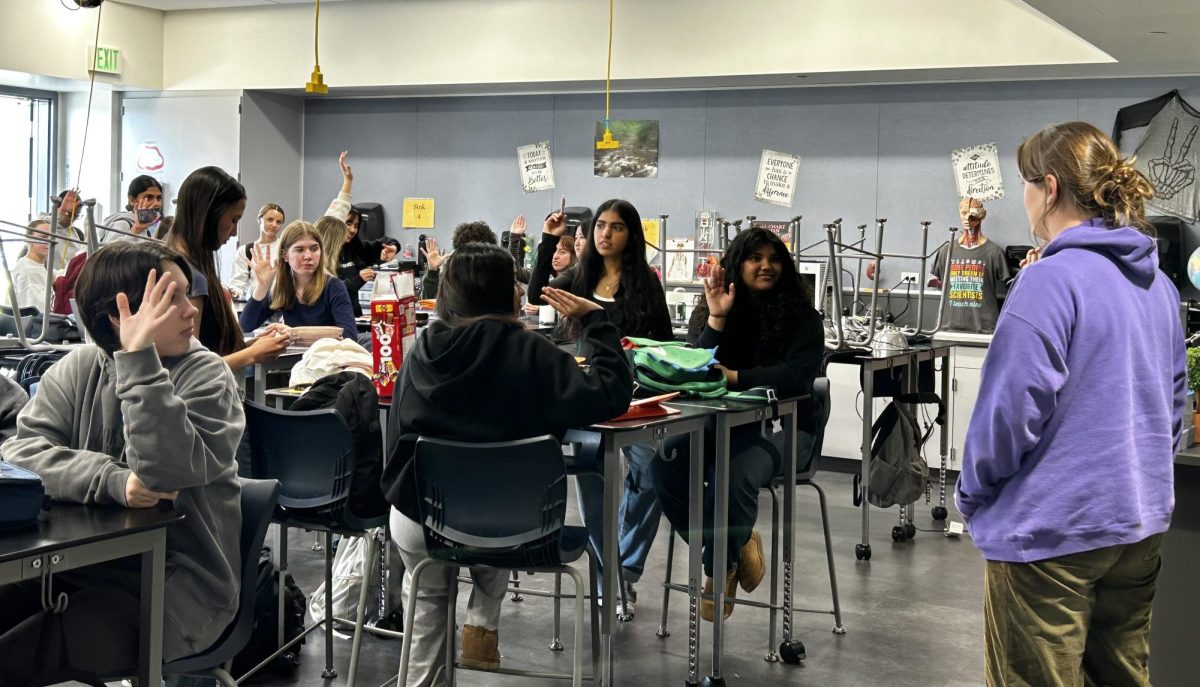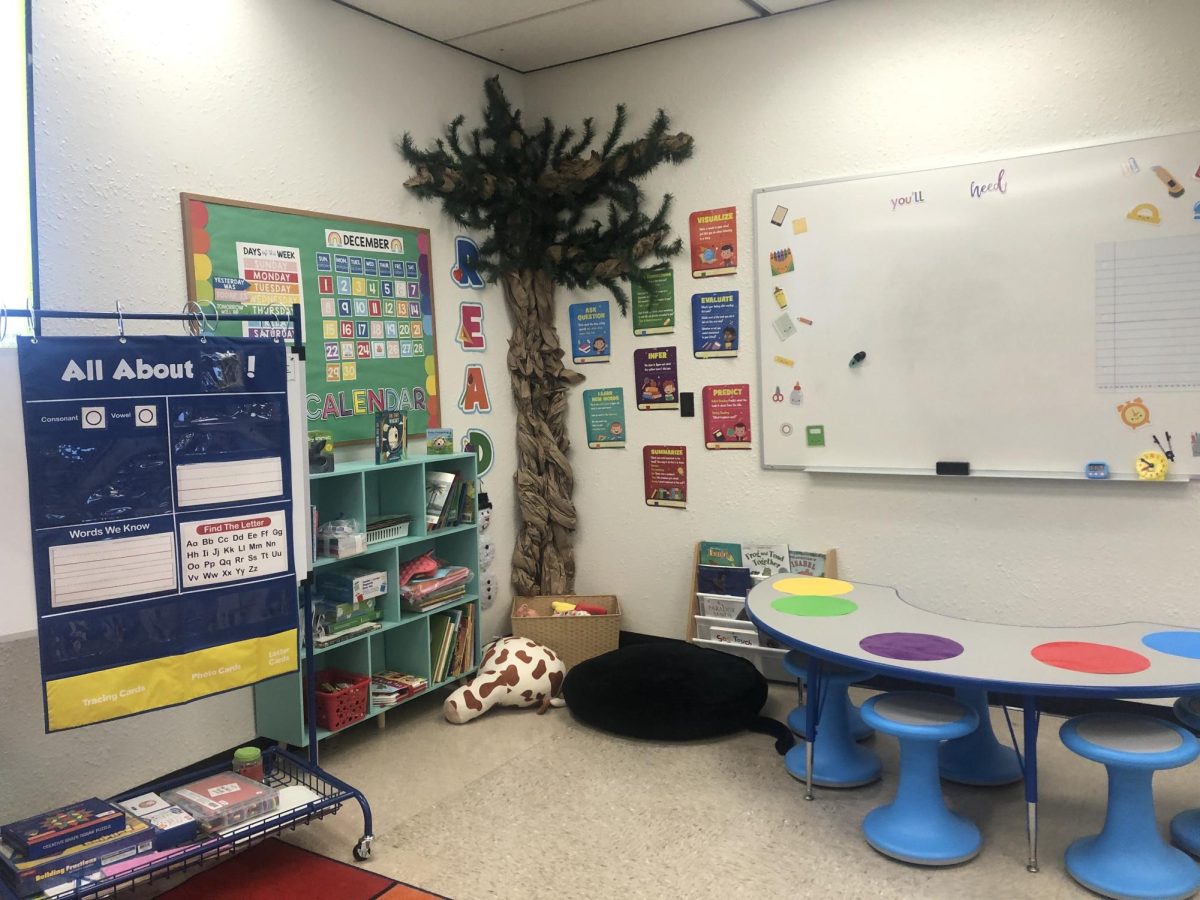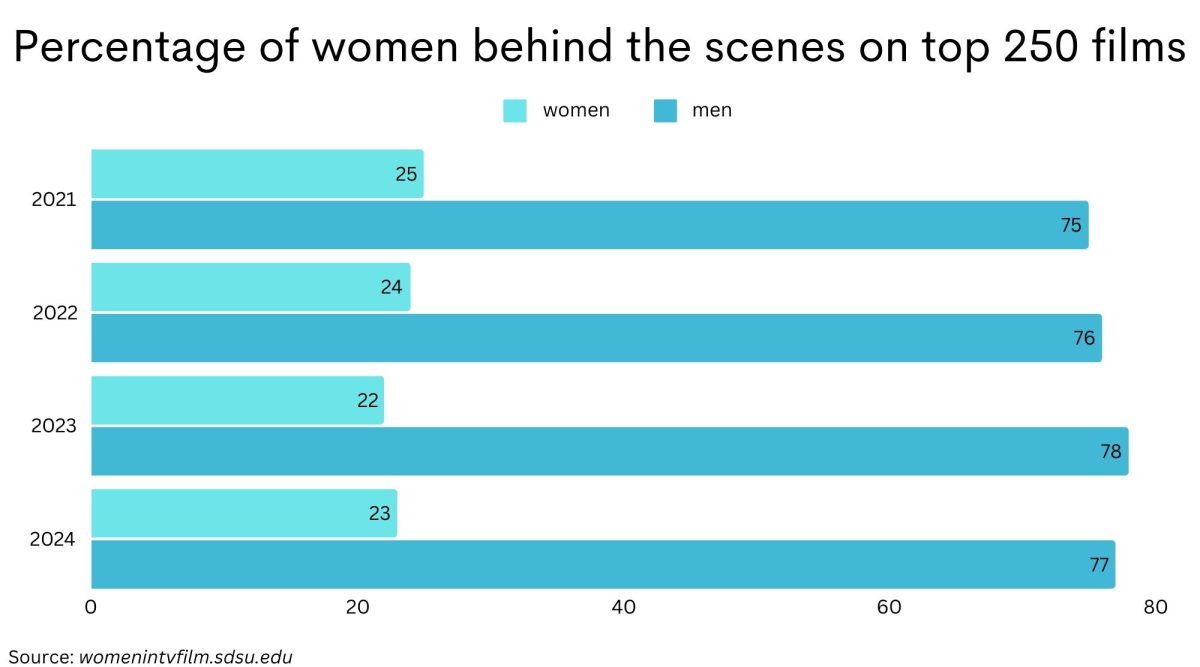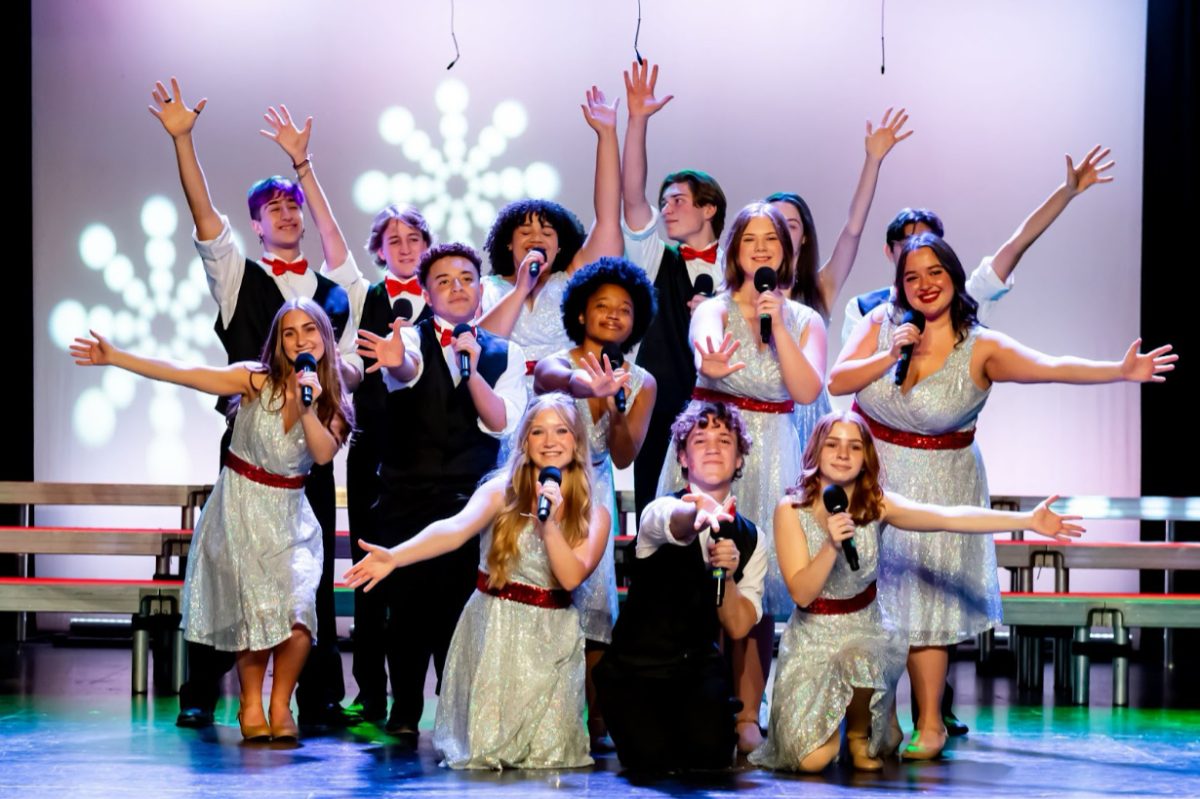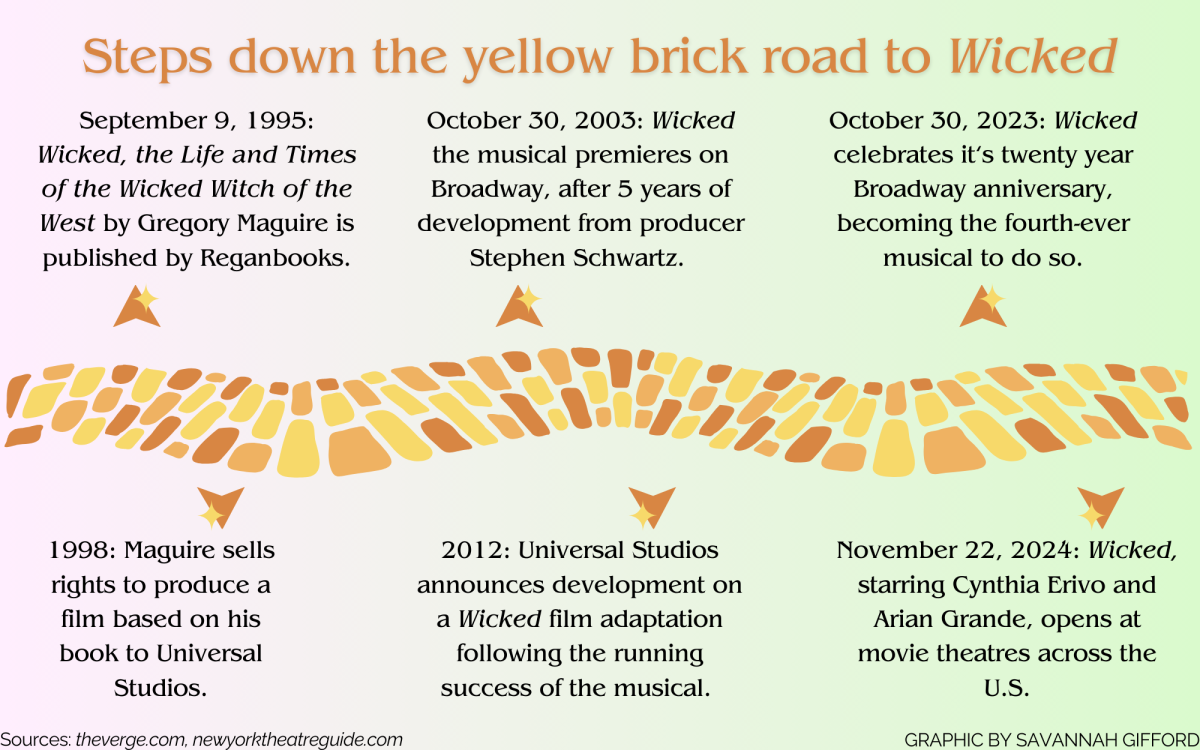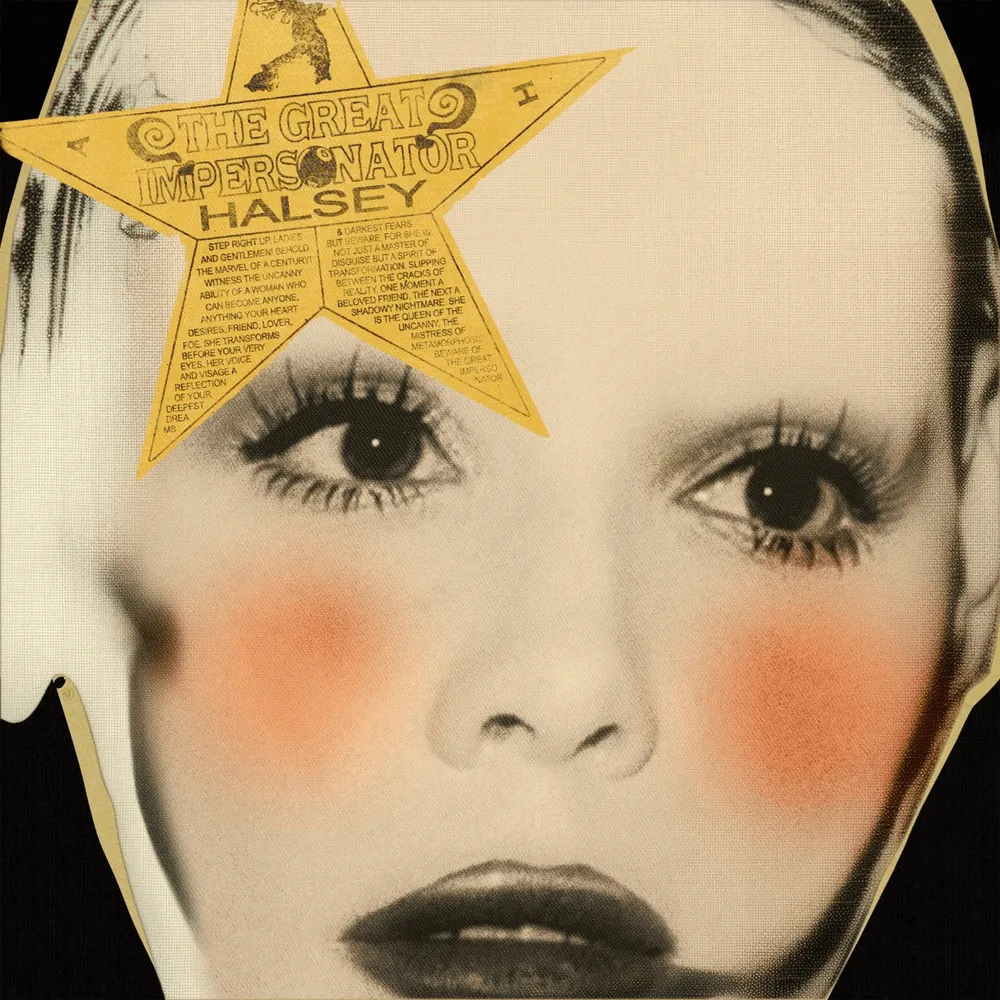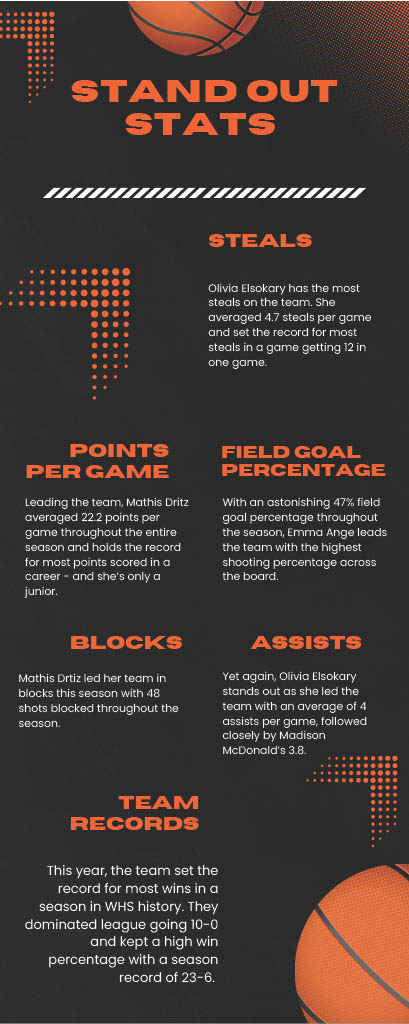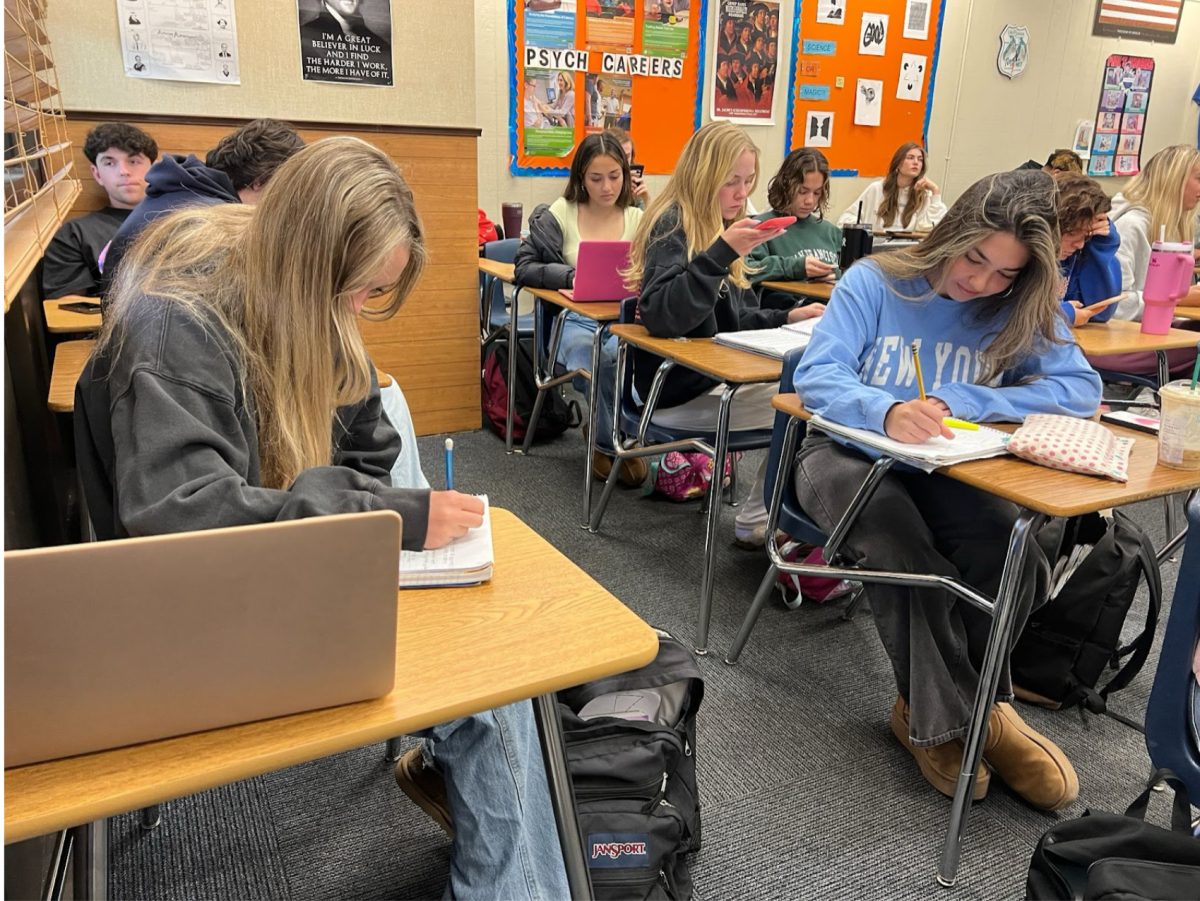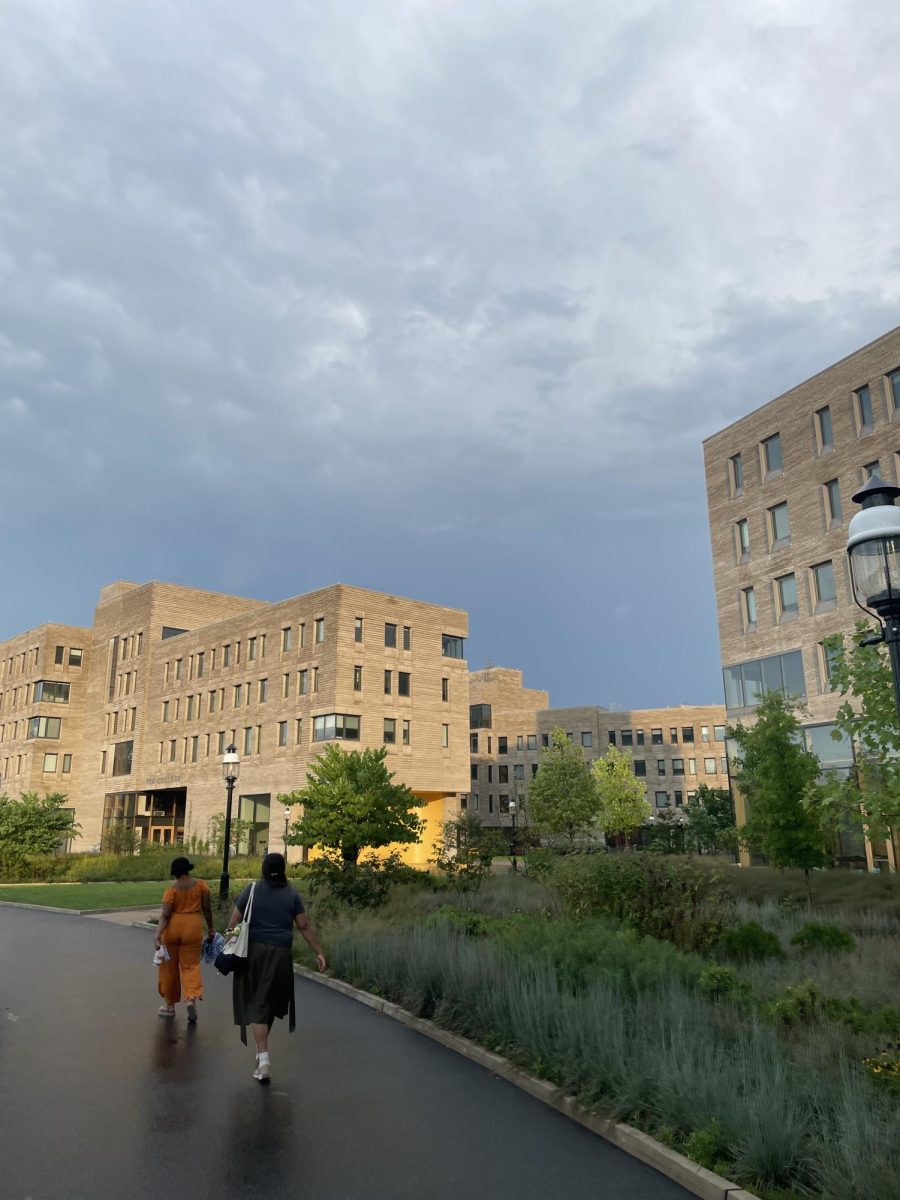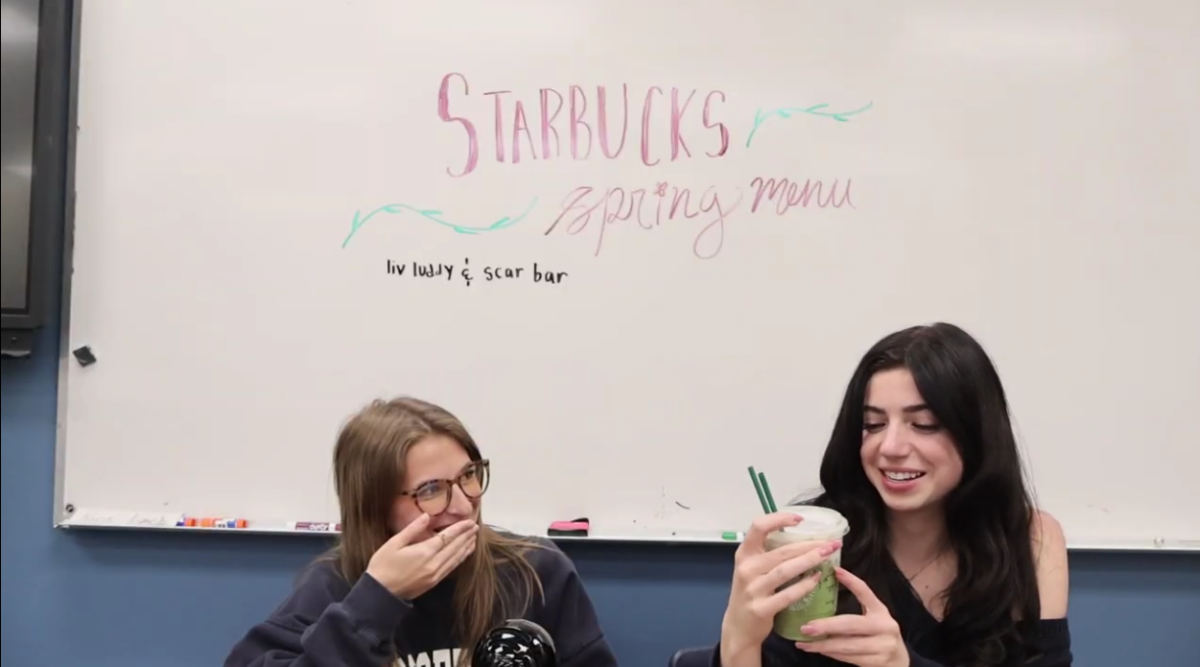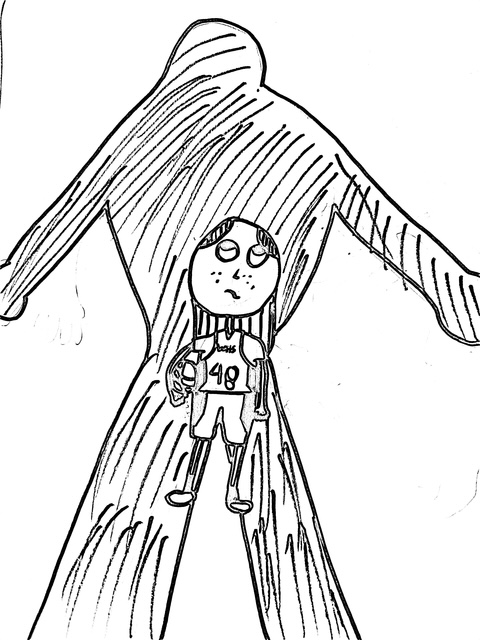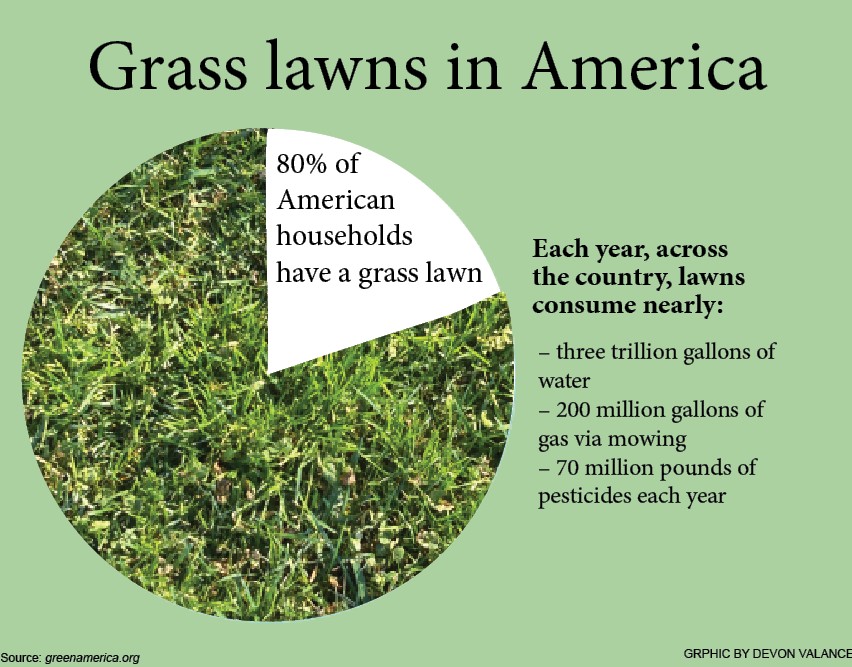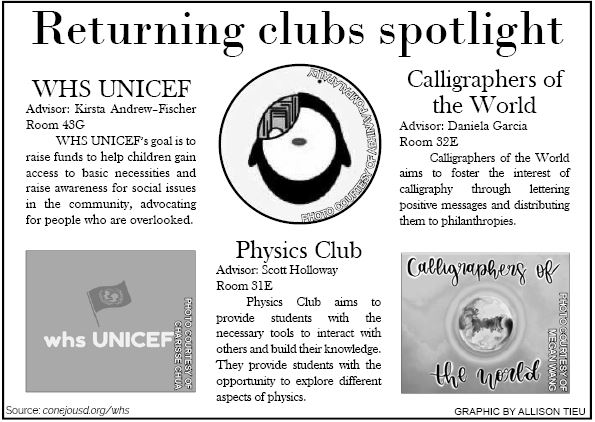As another year begins at WHS, clubs from previous years are back, and along with the old comes the new.
School clubs allow students to spread their ideas and explore interests at school as well as provide ample opportunities to develop leadership and communication skills. Interest groups, on the other hand, are a type of club on campus that do not need a financial account or have any financial activities.
Since it was established, WHS has been a home to a multitude of diverse clubs. In the 2021-2022 school year, students are bringing on a new assortment of interest groups open for anyone to take part in such as Critical Conversations, Rising Leaders, Puzzle Club, Cubing Classroom and Physical Health.
“I’ve always been really passionate about social justice, so I think it is very important that we incorporate that into the campus just to make it a safer environment for people,” said co-founder of Critical Conversations Summer Nichols ‘24.
Critical Conversations is a new interest group this year, founded by Nichols and Catherine Xu ’22. Their goal is to provide a safe space for students on campus and to communicate with one another on topics regarding racism, sexism and the discrimination of people in the LGBTQ+ community. They are currently working on creating an environment to openly discuss topics like these and planning to help fix the curriculum or any school policies that may need reform.
“I hope that students can join if they need support, and they feel like their voices or concerns are not heard, so we can highlight it and make sure we can do something about it,” said Jennifer Boyd, Critical Conversations advisor as well as AP Environmental Science and Honors Environmental Field Science teacher. “I think if we don’t have these conversations, then nothing will change, so we need to start it up and start hearing different perspectives.”
Another interest group created in order to help build people up is Rising Leaders, founded by Swasinya Jayaraman ‘23
“The basic [goal for Rising Leaders] is to inspire students to focus on mental health and really motivate everyone to reach their best selves,” said Jayaraman. “I really want to focus on mental health and do activities related to building our leadership skills and whatever future skills needed.”
Jayaraman plans to bring in guest speakers to work with the Wellness Center on campus as well as Emily Nelson, the Rising Leader’s club advisor and WHS counselor. Jayaraman is excited to meet new people and to host discussions relating to mental health and leadership.
In addition to being a space for students to build themselves up and receive help, interest groups are also a great way to find people who share the same passions and bring them together.
“I have always loved all sorts of puzzles and find them enjoyable and relaxing,” said Natalia Bajerski ‘23. “As a busy student, I think having a time set during lunch to do something I love could be really beneficial not only to myself but also to others since I believe there are many people that enjoy this activity as well.”
Similarly, Cubing Classroom was created by Hunter Wang ‘24 as a way to share and spread speed cubing around campus. It is an opportunity for students who are interested in learning the basics of speed solving 2×2, 3×3, 4×4 and 5×5 Rubik’s Cubes, and a place for experienced cubers to improve their times and participate in head-to-head competitions.
“The original motivation that started all of this was actually due to COVID,” said Wang. “I learned how to solve a 3×3 in 5th grade, but till last year, I never really got into speed solving. COVID gave me ample time to practice and improve my average times, and I want to share my experience with other people.”
Clubs act as a safe space for any students to participate in numerous different activities that focus on various topics created to help students, introduce them to new hobbies or interests and form connections with fellow students.
I believe that getting involved in interest groups and clubs is very beneficial for students, especially since the social aspect was lacking in the past year,” said Nichols. “It allows students to branch out and connect with people that share common interests.”

